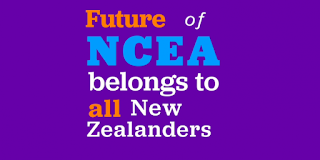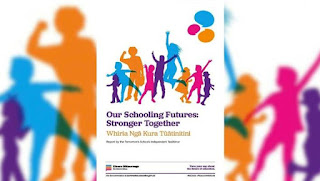SingularityU Sydney Summit - Exponential Energy
Speaker - Ramez Namm The world is bumping up against multiple environmental and natural resource hurdles: climate change, peak oil, fresh water shortages, and rising prices for food, minerals, and commodities of all sorts. At the same time, a growing population and a surge in the wealth of the developing world is increasing consumption. Can innovation keep pace? What are the true limits to growth? How do we overcome the challenges that face us? This session will provide an overview of the key natural resource and environmental challenges that face us, the on-the-horizon innovations that hold the promise to overcome them, and the policies that would best encourage innovation in those critical fields. The true limits to economic and natural resource growth on Planet Earth will be presented and discussed. Energy is a moral issue. Last five years are the warmest in modern history. Coal industry is being disrupted. Many coal companies are going bankrupt. Due to plunging cost of clean en




